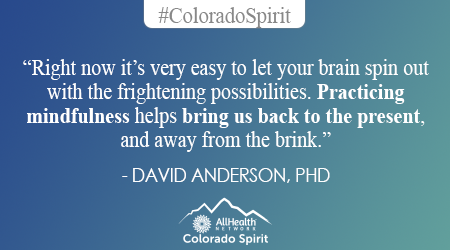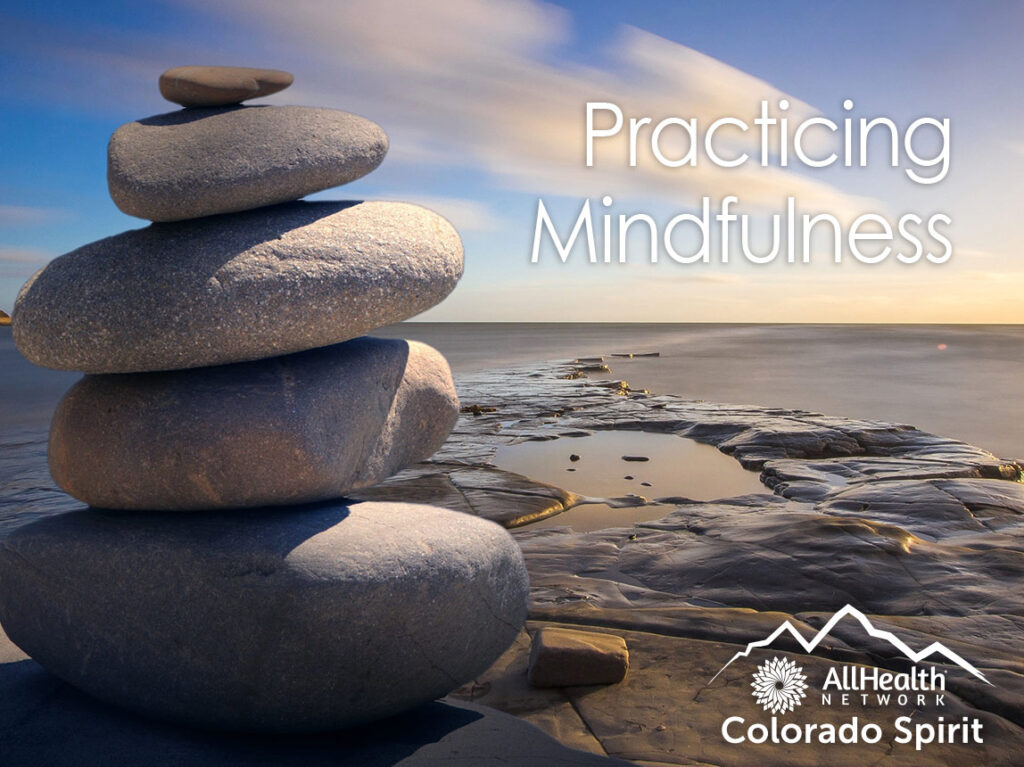The Concept of Mindfulness
The concept of Mindfulness seems to show up everywhere these days. Some people have called it a superpower. See this Youtube video.
There is even an entire magazine, devoted to it. Despite the popularity of the concept, many of us are not certain what the practice is or are not sure we want to try meditation practices. While mindfulness can be a form of meditation, at its core, it is choosing where to put your attention, being fully present in any one moment, and non-judgmentally noticing what you observe. Dr. Rajita Sinha explains, “It is really about being in the moment, observing what’s coming at you from the outside and what’s coming up inside—taking it in and observing, and not reacting to it. With extended practice, you can begin to let go of what’s coming at you. But that takes longer.”
Life during a pandemic can be a bit of a roller coaster
…or as my kid’s school principle likened it to – Mr. Toad’s Wild Ride.
One minute we may think about our finances and feel worry, then we might have a thought about someone we care about getting sick and feel more worry, then we might flash forward to fall and winter holidays and wonder what that will be like and begin to feel sadness and grief. All these thoughts can trigger intense and rapidly shifting emotions. Mindfulness practices can help us step out of this space and focus on just one thing at a time by being fully present in just that one moment. So much of our anxiety, fear, guilt, and other intense and uncomfortable emotion comes when we step into spaces of thinking about the future or the past as opposed to just the one moment in front of us.
Mindfulness takes practice
Mindfulness does not come naturally to most of us. The good news is that anything can become a mindfulness practice! We can mindfully eat breakfast; we can take a walk mindfully; we can mindfully brush our teeth. I am practicing mindfulness as I type this by directing my focus fully
Want to give it a try?
Now Matters Now has many helpful videos explaining what mindfulness is, how to practice it, and how many people find the skill helpful during moments of crisis. Would some specific ideas for activities help? Check out PsychCentral for a few suggestions for mindfulness activities you can do in under a minute.
Some other good news about mindfulness? Kids, adolescents, and adults of all ages can benefit from the practice! Check out this article for some specific tips for mindfulness practice with the whole family.
While mindfulness will not “fix” anything we are facing right now, we do believe it can be a powerful tool to help each of us navigate Mr. Toad’s Wild Ride.
Would speaking to someone help?
AllHealth Network, along with other community mental health centers, is continuing to provide services via telehealth and by phone. Our Crisis Walk-in Center remains open 24/7 and offers in-person care to those experiencing a mental health crisis. For more information and to get connected with our services, please call 303-730-8858. To learn more about what other community mental health centers are doing, please visit the Colorado Behavioral Health Council COVID-19 website.
If you are experiencing a mental health crisis and are in need of immediate assistance, please call the Colorado Crisis Hotline at 1-844-493-TALK (8255) or text TALK to 38255
How do you know if you’re experiencing a mental health crisis? Click here to learn about mental health crisis warning signs to look out for from the National Alliance on Mental Illness (NAMI)
Resource Links


